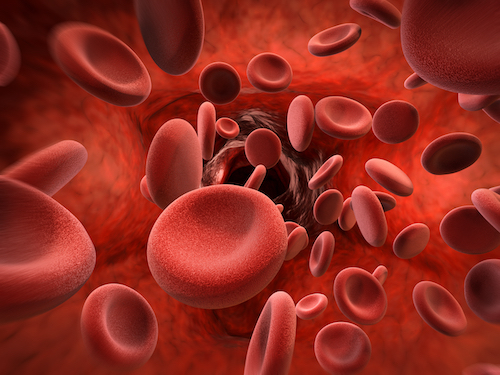On March 20, 2025, we will stop accepting new Military Disability Made Easy subscriptions. For more information about how this change may impact your subscription, click here
How Do You Rate Hypogammaglobulinemia for Military Disability?
- Published:
- Last Updated: October 5, 2022

Hypogammaglobulinemia (Really? Who thought of this name?! It’s basically the same as agammaglobulinemia, but that name’s not much better.) is a disease that affects the immune system.
The VASRD doesn’t have a Military Disability Rating for hypogammaglobulinemia, so we have the joy of trying to figure out how to rate it analogously. Yay. Some conditions are easy to rate analogously, but not this one.
The basic principle when rating conditions analogously is to choose the condition that is the most like your hypogammaglobulinemia. In other words, if your hypogammaglobulinemia has x, y, and z symptoms, then try to find another condition that has the same symptoms. If there is more than one condition that matches, choose the one that will have the same treatment as your hypogammaglobulinemia. If it requires infusions of IGG, pick a condition that also requires the same infusions.
Because there is so much room for interpretation when rating analogously, it is hard for us to tell you with any assurance exactly how the Rating Authorities will choose to rate your hypogammaglobulinemia. Ultimately, they have the power to interpret your condition and rate it however they think is best.
As it is, however, let’s discuss a few of the possible rating options for hypogammaglobulinemia. Straight off there are two possible conditions that could be chosen since they also affect the immune system:
Lupus is a condition where the immune system attacks good cells. This condition is rated on how many episodes or attacks of this condition you have in a certain amount of time.
HIV is another condition that affects the immune system. In this case, the HIV attacks cells that are essential for the immune system to properly function.
While both of these are immune system conditions, they often do not have the same symptoms as hypogammaglobulinemia, and are rarely treated the same way hypogammaglobulinemia is treated.
These are also not the only options. If hypogammaglobulinemia caused heart damage, then rating it on a heart condition would probably be best. Similarly, if it causes damage to the lungs, then a lung condition would be best, etc. Remember, that if there are two possible codes that both could work, then the one that would give the highest rating is the one that should be chosen.
So how do you decide? This is when it gets a bit tough for the layman to figure out. It’s not easy to know exactly how various conditions are rated or their exact symptoms without a medical education. We’ve provided basic info, but you may need to do further research on your own to understand the specific details that would help you know how best to rate your condition.
Let’s say we’ve done that research for you for hypogammaglobulinemia. We’d like to present another condition besides Lupus and HIV that we feel would be the best way to rate hypogammaglobulinemia (your Rating Authorities, though, may not agree with us).
Agranulocytosis is a condition of the blood. While it is a blood condition, it does also affect the immune system by decreasing the number of white blood cells that help the immune system function. Like hypogammaglobulinemia, it is also treated with infusions of IGG.
How could you have known this or found this condition? I don’t really know. That’s why they have medical professionals decide the ratings since they are the ones most likely to know these specifics.
So what do you do? Do the best you can. Research. We try to give you the help you need, but if you get really stuck, you can always ask. We’ll try to help as much as possible.
If you’ve done your research and think your hypogammaglobulinemia condition was rated incorrectly, you can always submit an appeal to have your ratings reevaluated.
Recent Posts
TDRL vs. PDRL—Which is better for disability benefits?
February 13, 2025
Leukemias and Multiple Myelomas NOW on the Presumptive List
January 9, 2025
Two MORE Conditions added to the Burn Pit Presumptive List
January 3, 2025
The 2025 VA Disability Rates are here!
December 2, 2024
About Us









